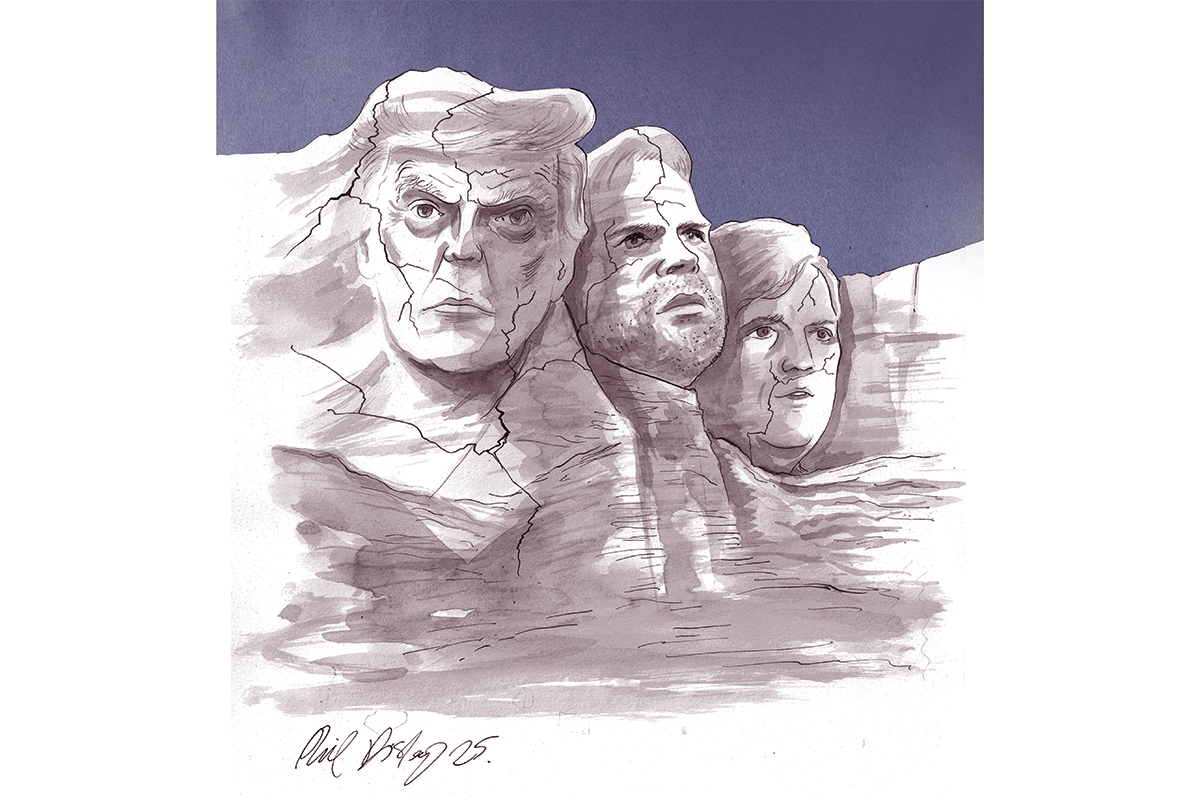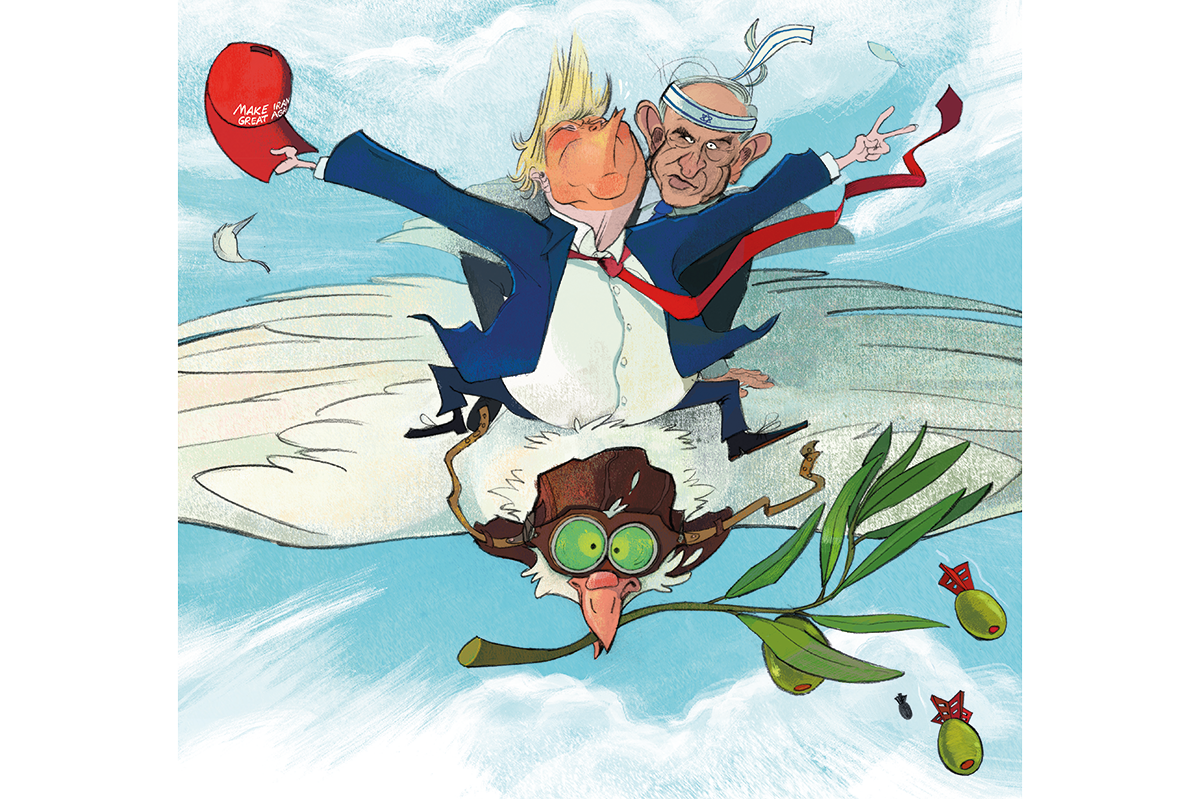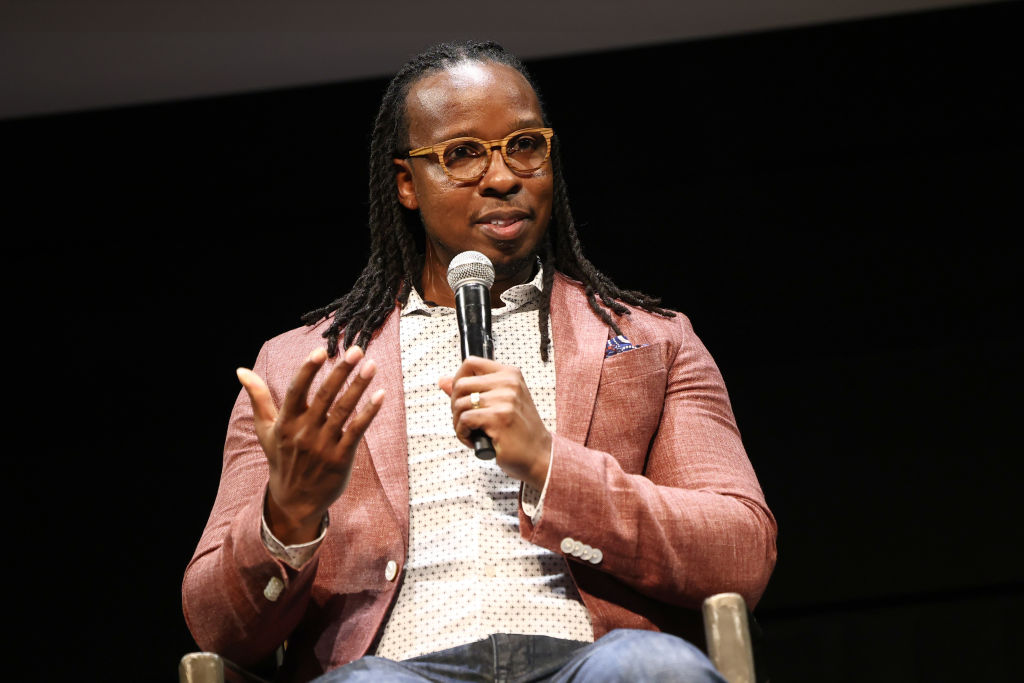When my grandmother Masha was liberated by the British Army from the Nazi concentration camp at Bergen-Belsen, she was 19 years old and weighed 83 pounds. It was the last of more than half a dozen camps she would survive before finally being freed. The first camp that she, her mother, and her then-11-year-old sister arrived at was in Estonia. She saw an unfamiliar sight: Jewish women like herself with their heads shaven, wearing strange prison pajamas infested with lice. She once explained to an interviewer from the Jerusalem Post that at the Stutthof concentration camp she had to convince her mother, my namesake, to ‘hide in the outhouse during a roll call: exposing the swollen leg to the camp’s savage SS women would have been her mother’s death knell’. None of this would compare to her first impression of Bergen-Belsen, where she recalled seeing ‘mounds and mounds of bodies — some still twitching with life — which were openly displayed’.
When Alexandria Ocasio-Cortez describes the US detention centers at the border as ‘concentration camps’, she demeans the memory of the millions who perished at the hands of the Nazis and belittles the experience of those who survived. She compares genocide to something that is decidedly not genocide.
An obsession with ridding the world of every last Jew, an obsession with not just expelling them but slaughtering them, is not in any way similar to a hard-line and even dysfunctional immigration policy that seeks to dissuade migrants from crossing a border illegally. None of this in any way minimizes the atrocities at the border. I am horrified by our government’s behavior, and I wish it would change. But intelligent people, and elected representatives if they are to avoid demagoguery, should manage to criticize government actions without lazily equating everything to Nazism.
Ocasio-Cortez will tell you that she wasn’t equating the brouhaha at the border to Nazism, that she was merely arguing that what the US is doing fits into the academic definition of ‘concentration camp’, and that concentration camps predated Nazism. That’s true of swastikas, too. In the East, the symbol has been around for several thousand years, and is traditionally associated with prosperity, auspiciousness, and sometimes fertility. Symbols and meanings evolve over time. No one in the West now thinks that a swastika painted on a wall is an advert for Hinduism. Whatever ‘concentration camp’ meant before, it has taken on a new meaning in the West since the Holocaust.
Most people understand that. And so we’re left with two options. Ocasio-Cortez is either willfully ignorant, or purposefully anti-Semitic. Ignorant because if her convictions are genuine, she is entirely uneducated about a crucial part of world history, or educated only to the point of knowing the phrase ’Never Again’ without knowing who said it and why. Anti-Semitic because her inability in this, and only this situation, to utter the words ‘I’m sorry’ is highly unusual.
What’s curious — and deeply troubling — is that if a minority expressed discomfort about something, it’s typical progressive etiquette that the politician that caused that discomfort would quickly apologize and embark on a ‘learning journey’, to correct the ignorance that had led them astray. Instead, AOC is doubling and tripling down. She has chosen this as a hill to die on. This compounds historical ignorance with political vanity, and it compounds the insult too.
And that’s only half the problem. If this were one errant progressive Congresswoman, this conversation would have lasted a few hours rather than several days. Instead, we have Ilhan Omar’s facile and insulting explanation that a camp where people are concentrated is a concentration camp. The number of people who have risen to Ocasio-Cortez’s defense and have prolonged this saga highlights the extent to which the average American has absolutely no understanding of Nazi horrors. And that’s on us, on all of us, but especially on survivors and their descendants.
It’s easy to look across the table and say ‘Do better’. But we need to look at ourselves and ask where we went wrong. There are still survivors living. My grandmother is one of them. That in her lifetime, in their lifetimes, we already need to re-litigate what went on during the Holocaust is horrifying and shameful. It’s on us to change that. And our elected leaders and representatives should be leading that change for the better — and not the worse.
Daniella Greenbaum Davis is a Spectator columnist and a senior contributor to the Federalist.

























